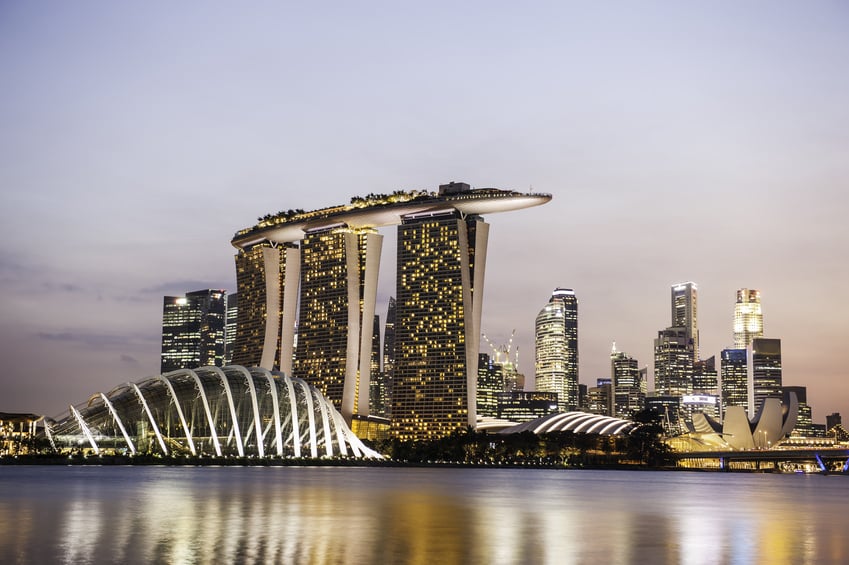In brief
A recent study co-led by the London School of Hygiene & Tropical Medicine (the “Study“) has suggested that exposure to COVID-19 vaccine related misinformation could negatively impact the public’s willingness to undergo vaccination.
Comments
The sensationalised content latent in COVID-19 vaccine related falsehoods and misinformation pose a serious threat to the public’s acceptance of their vaccine prospects by crowding out factually accurate news and scientific information which tend to be less comprehensible and engaging in comparison. More insidiously, as the Study suggests, the uncertainty and anxiety generated by COVID-19 vaccine related misinformation may undermine the public’s confidence in any new vaccine prospects, and the platforms used to develop them. This could ultimately cripple global efforts to eradicate the spread of the virus.
Given the gravity and proliferation of COVID-19 vaccine related misinformation, businesses should develop a publicity plan to ensure that they are prepared to correct any misconceptions or falsities that may inevitably arise, especially if they are heavily involved in the development of COVID-19 vaccine prospects.
Additionally, businesses, internet intermediaries, and mass media service providers should familiarise themselves with the laws and regulations available to combat the spread of COVID-19 vaccine related misinformation. In particular, given the ubiquity and ease of generating and disseminating information by digital means, stakeholders may find Singapore’s Protection from Online Falsehoods and Manipulation Act (“POFMA“) particularly insightful. We provide an overview of the current state of fake news laws in the Asia Pacific region in our Asia Pacific Survey on Fake News and Intermediary Liability (“APAC Survey“), accessible here.
In more detail
A recent study co-led by the London School of Hygiene & Tropical Medicine (the “Study“) has suggested that exposure to COVID-19 vaccine related misinformation could negatively the public’s willingness to undergo vaccination.
The Study surveyed a total of 8,001 respondents (from the United Kingdom and United States), who were asked about their intent to receive a COVID-19 vaccine to protect themselves, and others. Of these respondents, 6,001 participants were exposed to misinformation relating to COVID-19 and vaccines, while the other 2,000 were supplied with factually accurate COVID-19 vaccine information.
The Study found that exposure to misinformation reportedly induced significant decreases in respondents’ willingness to “definitely” accept a vaccine. The proportion of respondents “definitely” willing to accept a COVID-19 vaccine to protect family, friends or at-risk groups similarly fell.
These falls were accompanied by corresponding increases in the percentages of respondents who were “unsure” or “definitely unwilling” to vaccinate after being exposed to misinformation.
In contrast, the exposure to factual information did not appear to induce any significant shifts in the proportion of respondents falling into each response category.
Under Singapore law, the spread of misinformation is regulated by a suite of laws and statues, such as the POFMA, the Miscellaneous Offences (Public Order and Nuisance) Act, the Official Secrets Act, and the tort of defamation.
Notably, the POFMA empowers Ministers to order the issuance of directions to, among others:
- Persons communicating a false statement of fact, requiring them to either communicate a correction notice and/or cease the communication of false material in Singapore;
- Internet intermediaries or mass media service providers, requiring them to either communicate a correction notice to end users in Singapore who access the false material and/or disable end users’ access to an online location on which a false statement of fact is communicated.
Furthermore, the POFMA also criminalises parties that communicate, provide means to communicate, or make or alter bots to communicate false statements of fact in Singapore. The maximum fine that may be imposed is SGD 1 million.
Both of the above mentioned measures have been used to stem the spread of COVID-19 related misinformation. Between end February and end April 2020, the POFMA Office issued at least six correction directions to rectify COVID-19 related misinformation that was posted on online forums and Facebook posts. A Singaporean was also charged on 27 April 2020 for allegedly posting false information that supermarkets in Singapore would only open two days a week as part of enhanced measures to combat the COVID-19 pandemic.
The Study may be accessed here. In addition to the APAC Survey, further details on the range of powers conferred by the POFMA to combat the spread of fake news has also been furnished in our March 2020 IP Tech newsletter here.



